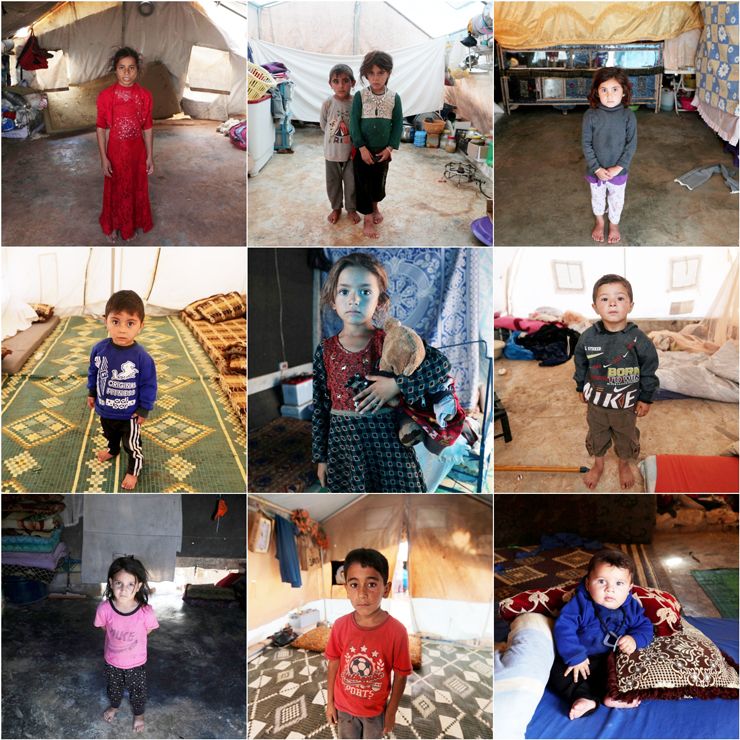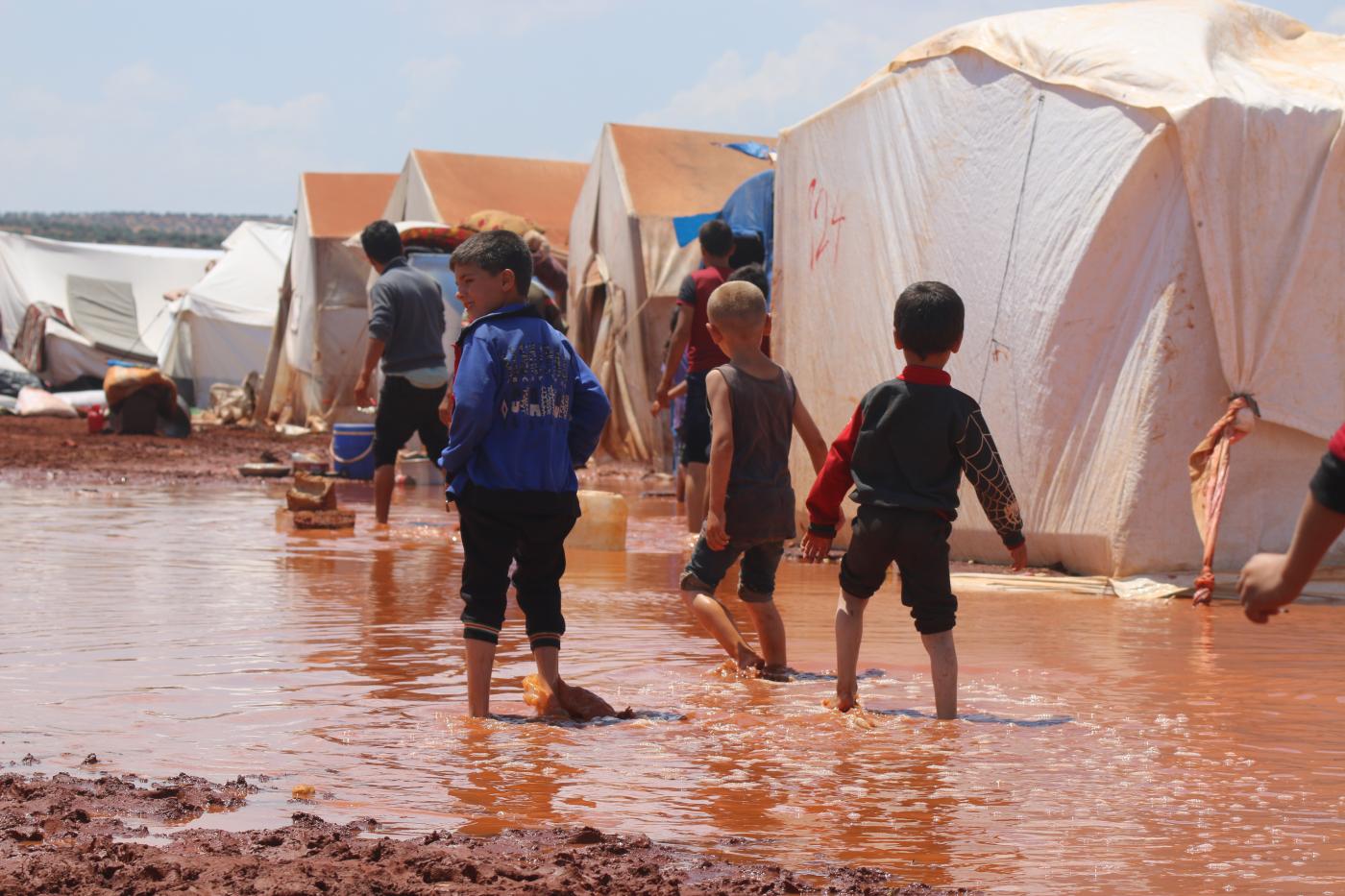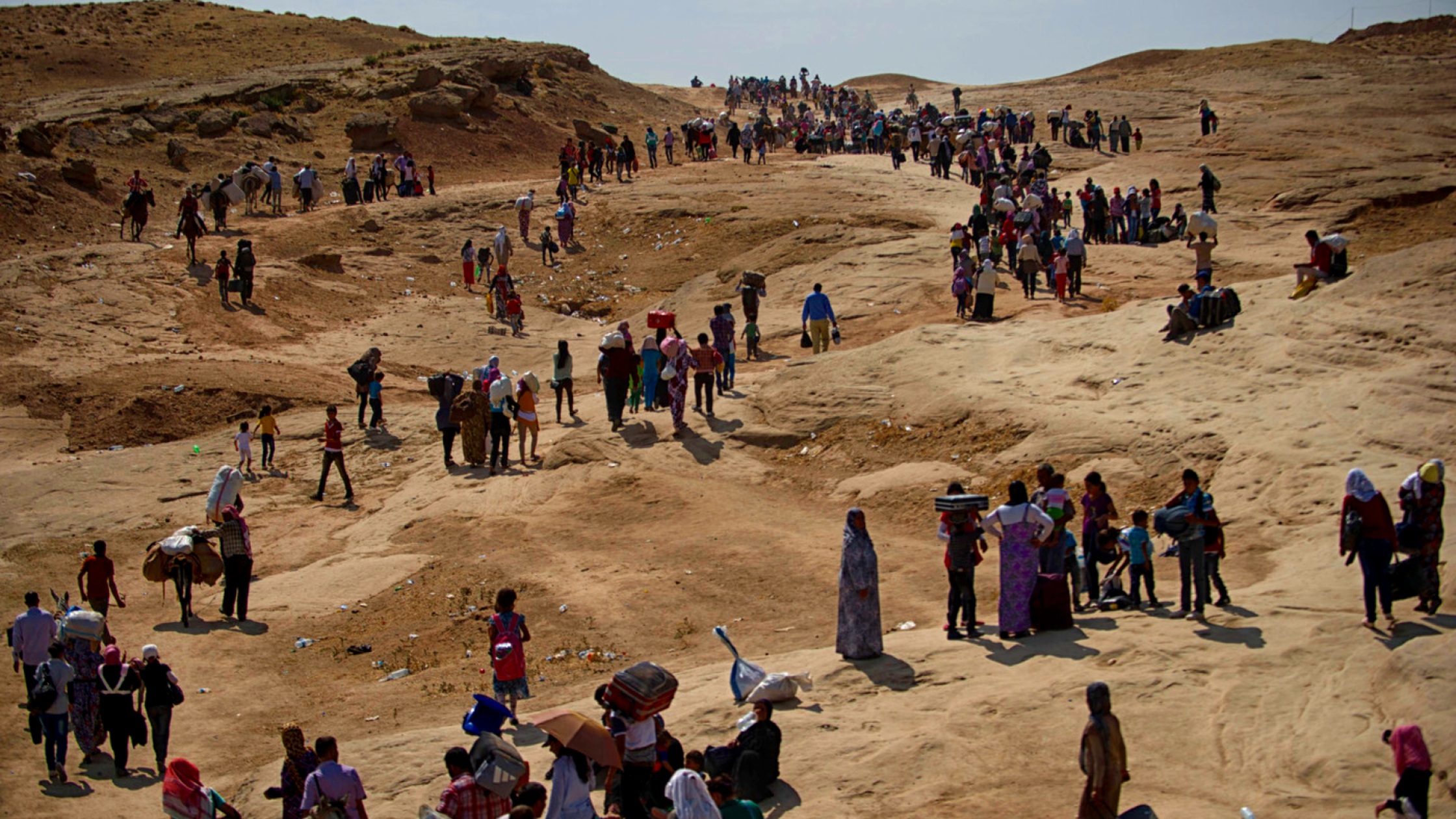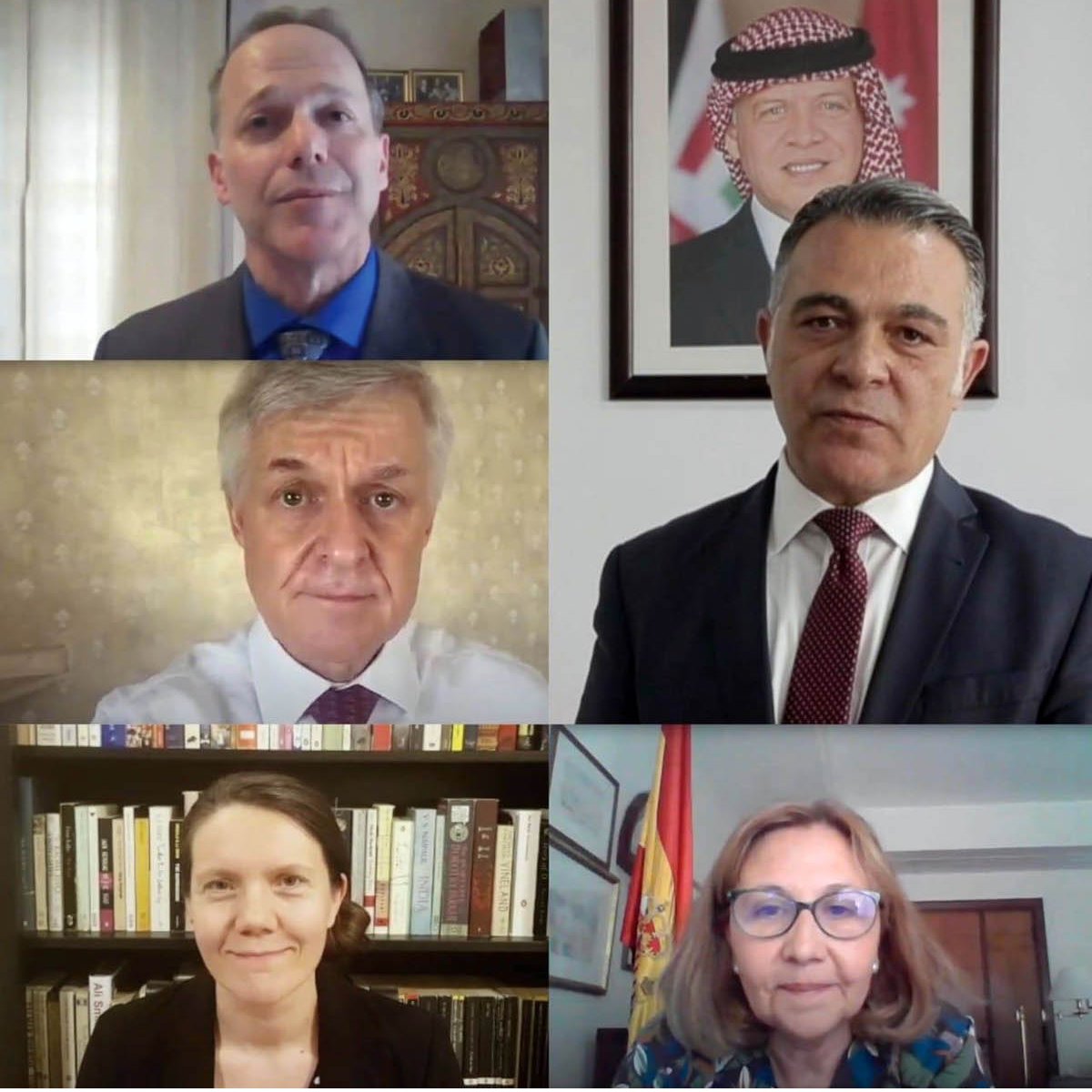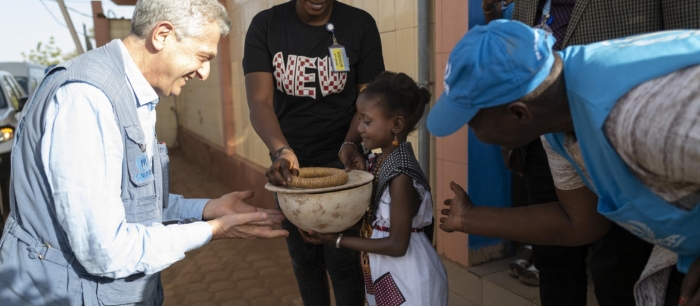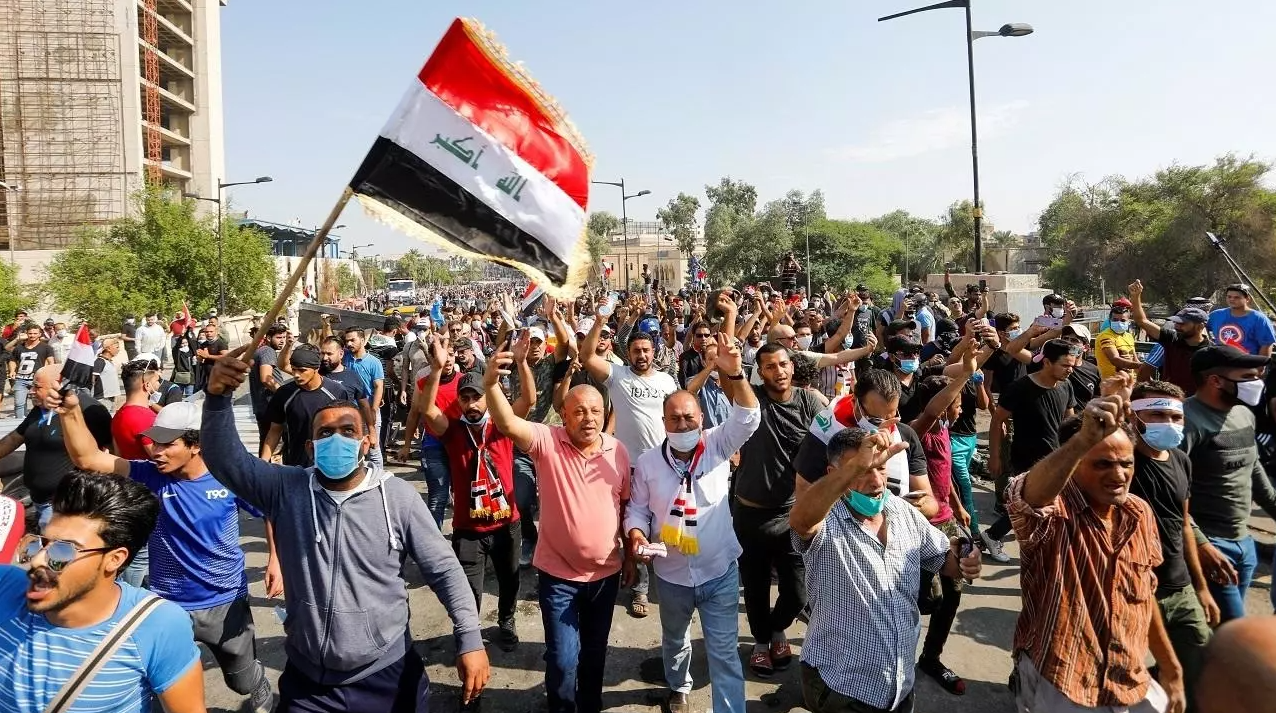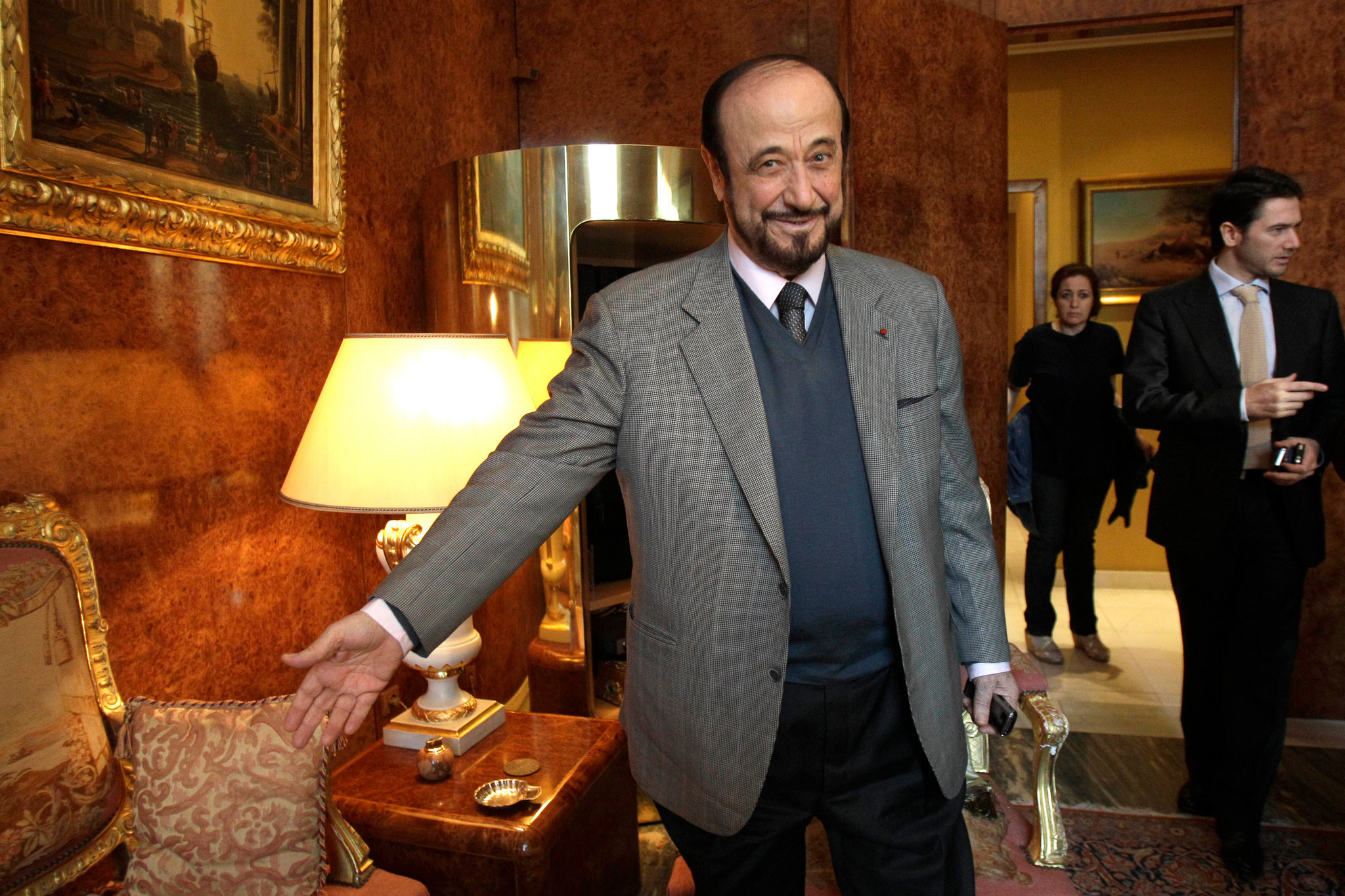When the militant extremists of ISIS started occupying territory in 2013, Iraq and Syria seemingly became the center of the world. Camera-crews from around the world reported breathlessly on each small town where black-clad men in pick-up trucks were advancing. Cities like Mosul, Raqqa and Palmyra became common features in news items as each small conquest was widely shared.
But in 2020, it seems very few still care about the region. Camera-crews have moved on and politicians have found new enemies to worry about. The reporting in the region does garnish is a stream of negative news. Financial crises, the impact of COVID-19, rising bread prices, it appears the region just cannot catch a break from misery.
Countries like Lebanon, Iraq, and Syria face multiple crises at once, with far-reaching consequences for neighboring countries and the region as a whole. What seems like an uncommonly troubled region where misery appears to simply compound and evolve, is largely a strategy of orchestrated and controlled chaos at the behest of foreign powers and institutions.
Hyperinflation
Comments on “hyperinflation” are becoming more common in reports on Syria and Lebanon, as extreme inflation causes prices for basic necessities to skyrocket amid stagnant or diminishing wages. Hyperinflation has sparked renewed protests in Syria, unseen since Bashar al-Assad and Russia reasserted control over the country through a brutal military campaign.
In Lebanon protests have again rocked the country, with much of the ire aimed at the country’s banking sector and the Lebanese central bank itself. A crisis of institutionalized corruption and sectarianism have intertwined with the country’s dwindling foreign currency reserves and the emergence of the COVID-19 pandemic to create a “perfect storm” of troubles for the Lebanese.
Austerity
In response to a historic drop in oil demand, oil prices have tumbled to levels that no expert could have predicted at the start of the year. For countries in the region, the drop in state revenue leaves large gaps in their national budget amid an increase of costs for the healthcare sector and much needed basic support for the poorest and most vulnerable.
In order to find funds abroad, countries like Lebanon and Iraq face increasing pressures from global institutions to reform their countries in order to cut public spending, boost the private sector and increase foreign direct investment. Receiving loans from institutions like the World Bank and the IMF means bending domestic policy to align with foreign visions and implementing unpopular reforms.
Sanctions
Then there are ever increasing sanctions that further weaken local economies. The US targets the leadership of Syria by halting most international trade, including from its destitute neighbor Lebanon. Washington similarly limits Iraq’s ability to buy much needed energy from its neighbor Iran, with the US issuing “waivers” that allow Iraq to import Iranian electricity.
Iran itself is facing crippling sanctions that have turned a health crisis into an unmitigated human tragedy, as the country continues to have the life squeezed out of its last remaining international trade. Iran has faced severe medical shortages and faced major barriers to importing much needed protective equipment and medicine, making the spread of COVID-19 in the entire region more likely.
Misery by Design
While hyperinflation, austerity, and sanctions continue to make an impact on citizens’ lives in the region, none of these are accidental byproducts, but instead are very much the intended goal. Financial support only comes when nations submit to the “Washington Consensus,” turning their countries into neoliberal countries rife for exploitation by foreign multinationals.
Sanctions and hyperinflation are similarly highly related to foreign influence. Sanctions on Syria intend not just to hurt its leadership but actively intend to starve the people of Syria and Lebanon into revolt against its leaders. US officials regularly regurgitate their belief that economic hardship for citizens will lead to a popular uprising that will replace elements of the government that the US does not like.
Sovereignty
While it appears that countries in the region roll from one crisis to the next, in truth these countries have never been “granted” the ability to stop these crises. Iraq cannot exercise any sense of a sovereign foreign policy because of its reliance on US support, Lebanon cannot reform its banking sector without demands from the IMF, and Syria is unlikely to have a “successful” new revolution after al-Assad’s inhumane crushing of dissent.
If foreign powers are genuine about creating stability in the region, they would be best served by leaving the region to determine its own future. The US alone could make a significant contribution to local stability by following the will of the Iraqi people by withdrawing its forces. The US could also lift sanctions on Syria and Iran and allow Iraq, Syria, and Lebanon to freely decide who it trades with.
Freedom to choose
Stability in the region will only materialize when local economies are allowed to grow, politicians are permitted to succeed, and nations can freely trade with one another. The only standard the West needs to follow, is the standard of national sovereignty that it sets for itself. Greater personal freedoms, religious tolerance, and gender equality all depend on rising living standards and the absence of fear and chaos.
By removing foreign influence from the region, the Levant and its neighbors could have a genuine shot at improving the lives of its citizens, unconstrained by the motivations and goals of nations thousands of miles away. As long as foreign powers freely meddle with the fate of millions of local people, the Levant and its neighbors will continue to spiral into further chaos, exactly as was intended.


